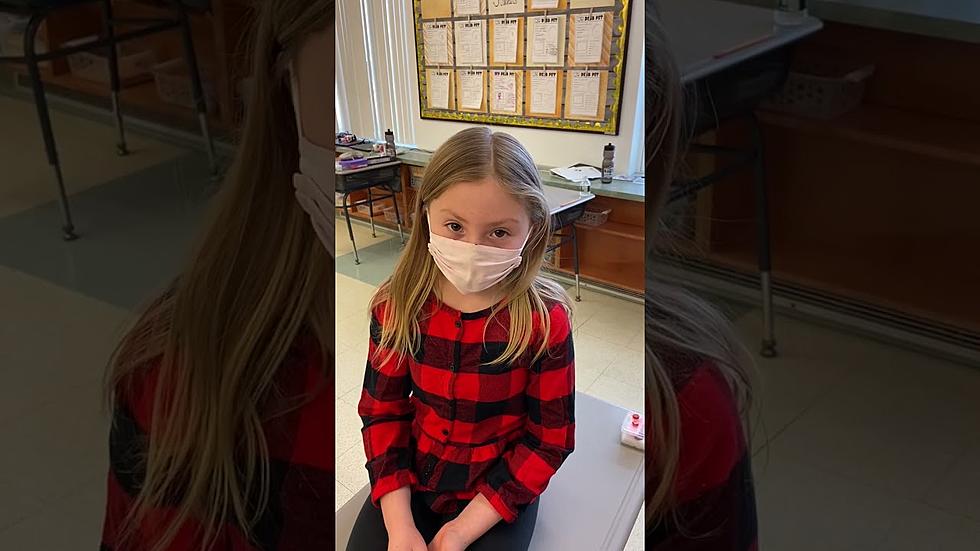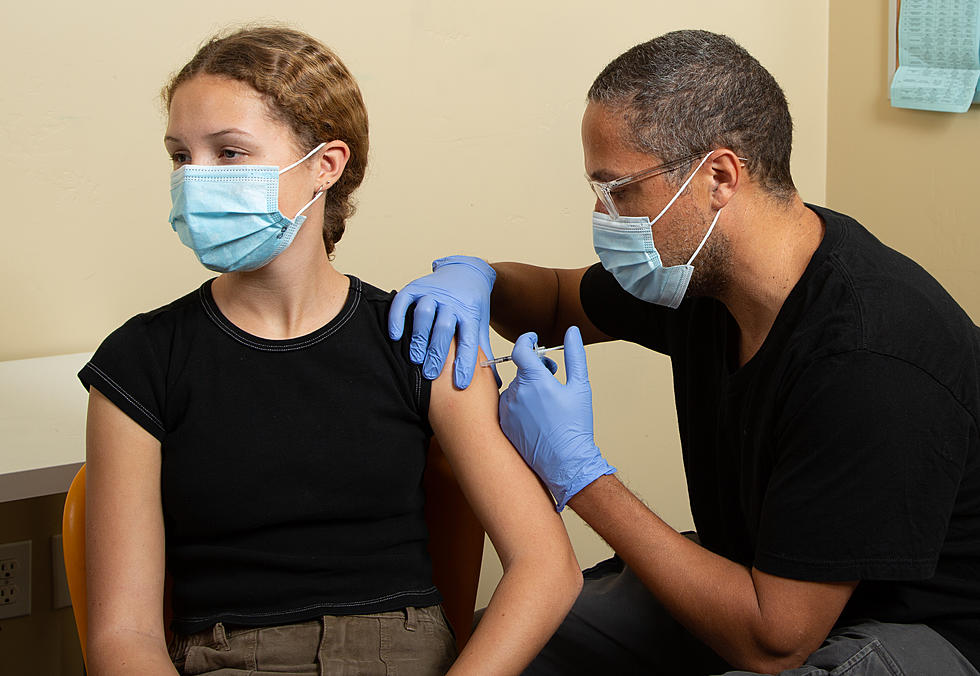
Mainers Wondering: Is It Allergies Or Is It COVID-19?
I'm feeling it, Maine. Are you? The itchy nose, sneezing, sinus pressure.
But, is it allergies or is it COVID-19?
Right now with all of our attention on COVID-19 and the anxiety and restlessness of our current living situations, it can be hard to understand what is actually happening in this era of pandemic we are experiencing.
Healthline.com has an article distinguishing between COVID-19, flu and seasonal allergies. Where we are phasing out of the flu season here in Maine, with levels dipping down to pre-flu season levels as of last week according to the latest Maine Department of Health and Human Services report for April 11th, we turn our attention to the next symptomatic season: allergy season.
Right now in Maine, pollen is coming around and it's just going to get worse. According to pollen.com, Maine's big pollen contributors right now are Maple, Juniper and Alder trees with medium-high levels in the Bangor area and some high levels coming soon in southern Maine.
The crossovers that makes the separation between seasonal allergies and COVID-19 confusing include these common symptoms:
- runny nose
- shortness of breath
- fatigue
Additionally, seasonal allergies are typically chronic, meaning you experience them on a yearly or seasonal basis. If you've had allergies before, you probably recall what it feels like and also can relate that these symptoms can last for a good length of time but, so can mild cases of COVID-19, which can have symptoms that go on for two weeks.
When we break down symptoms associated with allergies versus those associated with COVID-19 we can see the similarities but we can also see the differences.
Allergies
Common symptoms associated with seasonal allergies include:
- runny nose
- itchy, watery eyes
- sneezing
- stuffy nose
Other symptoms that are less frequently associated with seasonal allergies:
- wheezing
- shortness of breath
- fatigue due to lack of sleep
COVID-19
Now let's take a look at common symptoms associated with COVID-19:
- dry cough
- fever
- shortness of breath
- fatigue
Other symptoms that are less frequently associated with COVID-19
- diarrhea
- aches and pains
- nasal congestion
- runny nose
- sore throat
When we see the differences we see that COVID-19 symptoms include these symptoms that are not associated with allergies:
- dry cough
- fever
- diarrhea (less frequent)
- aches and pains (less frequent)
- nasal congestion (less frequent)
- sore throat (less frequent)
Now, that we see fever is a common component for COVID-19, with lesser frequent symptoms also being indicators of a COVID-19 viral infection.
Fever would be a red-flag indicator of a COVID-19 virus but, it is also important to take the other symptoms into account to determine your potential diagnosis.
Now, if you are still unsure but really aren't feeling well, symptoms that you should seek medical attention for that would indicate COVID-19 include:
- difficulty breathing
- chest pain or pressure
- confusion, difficulties waking up
- bluish face or lips
For more information on COVID-19, please check out the State of Maine's COVID-19 page on their website and the Center for Disease Control U.S. government website.
More From WBZN Old Town Maine









